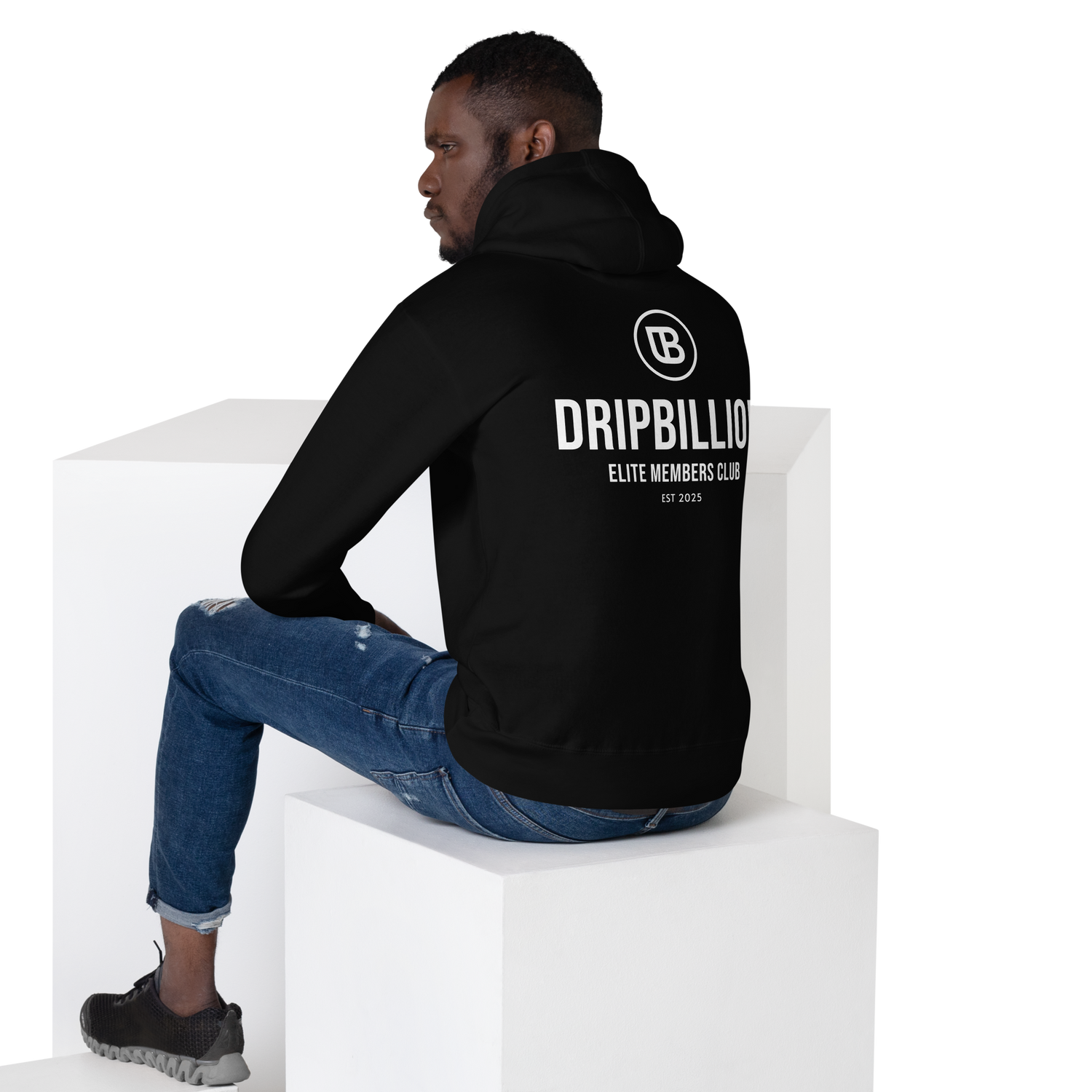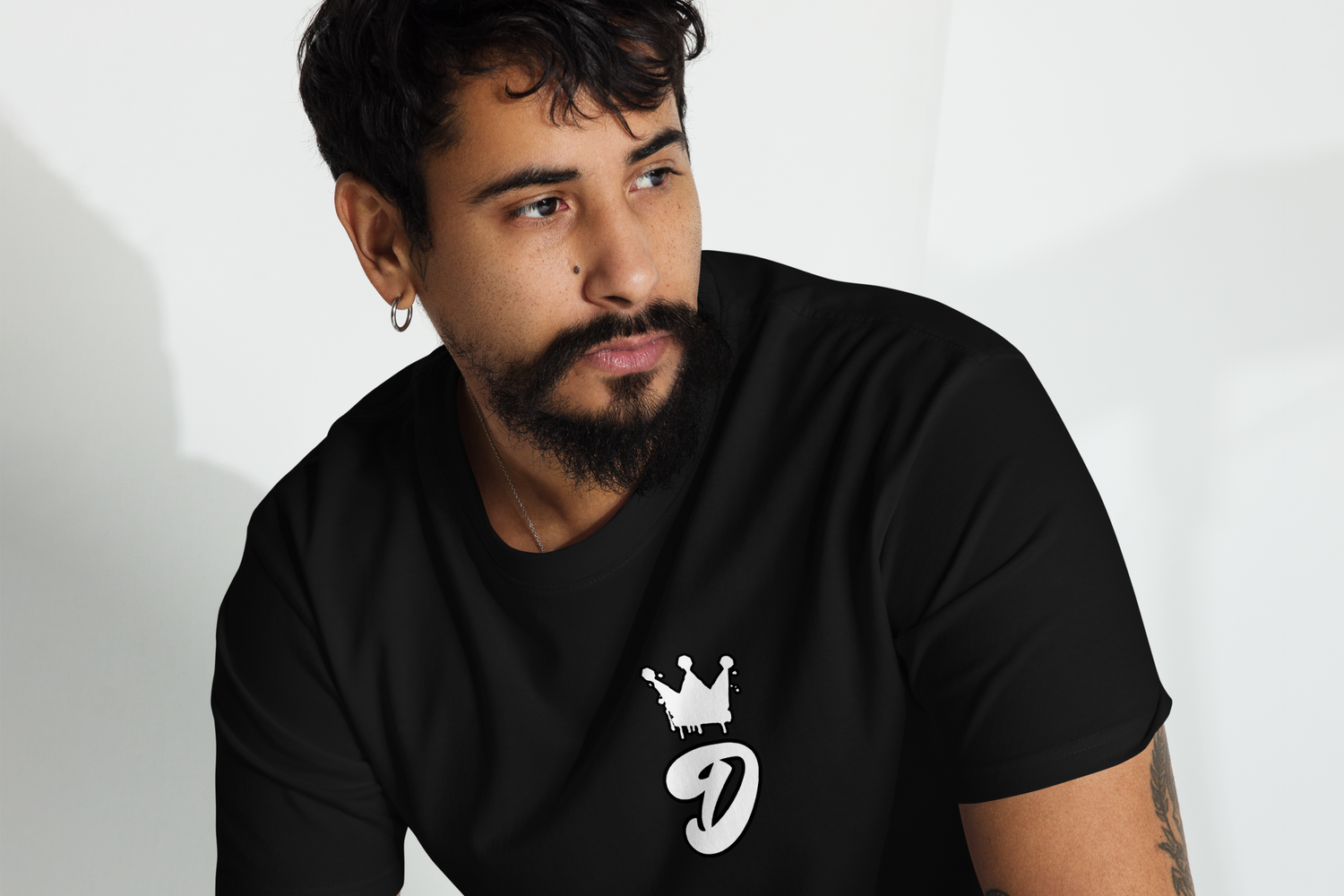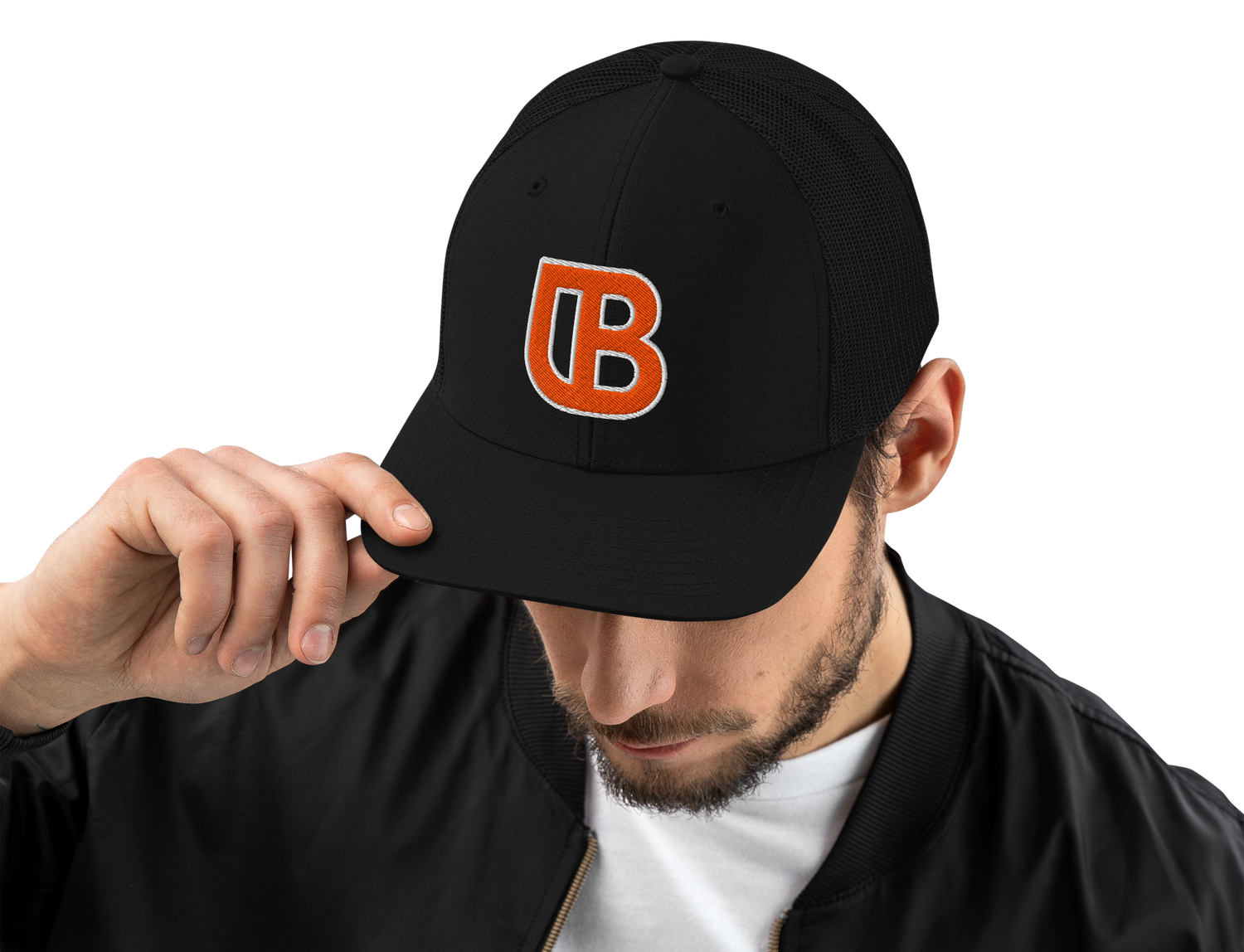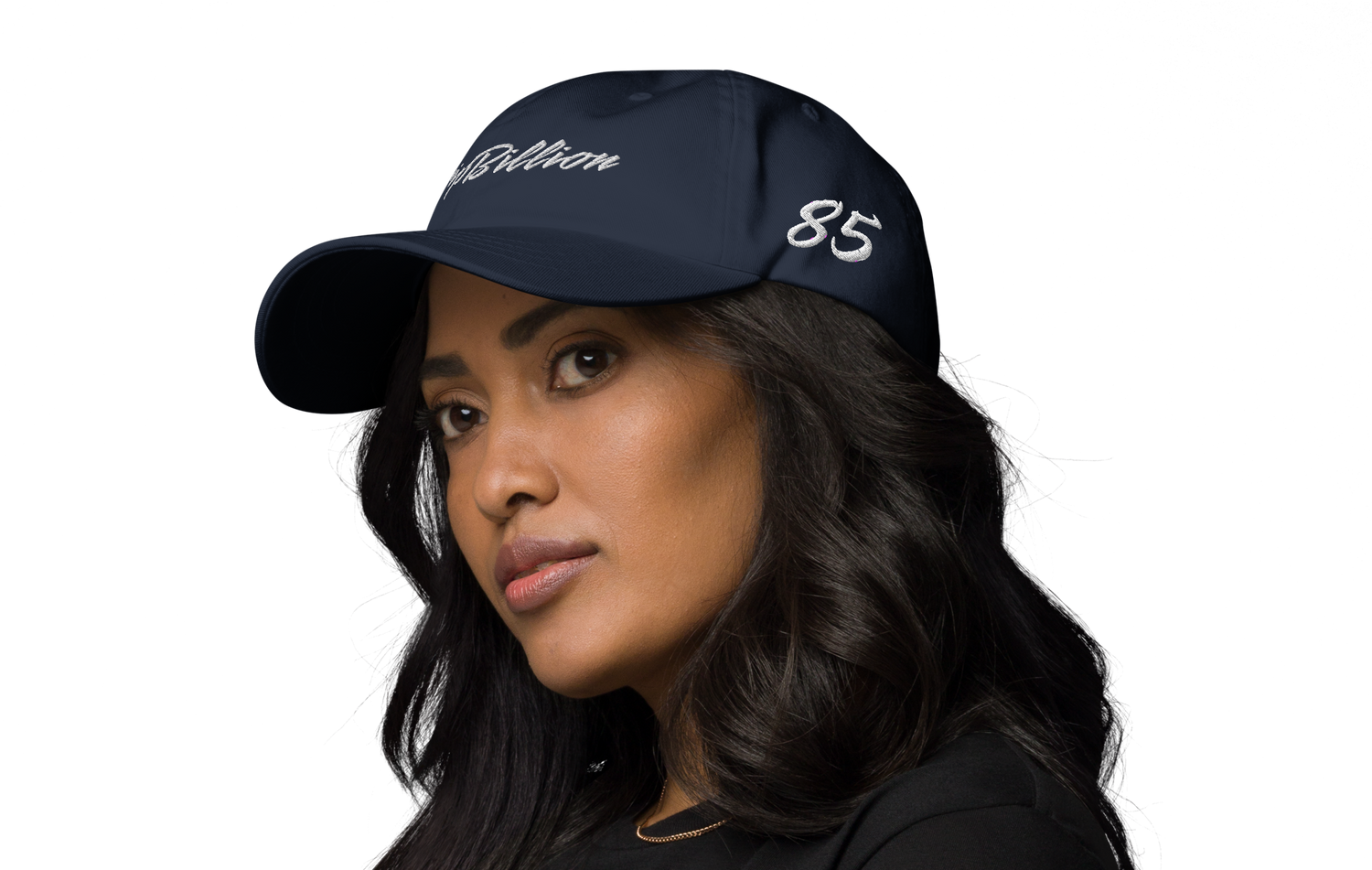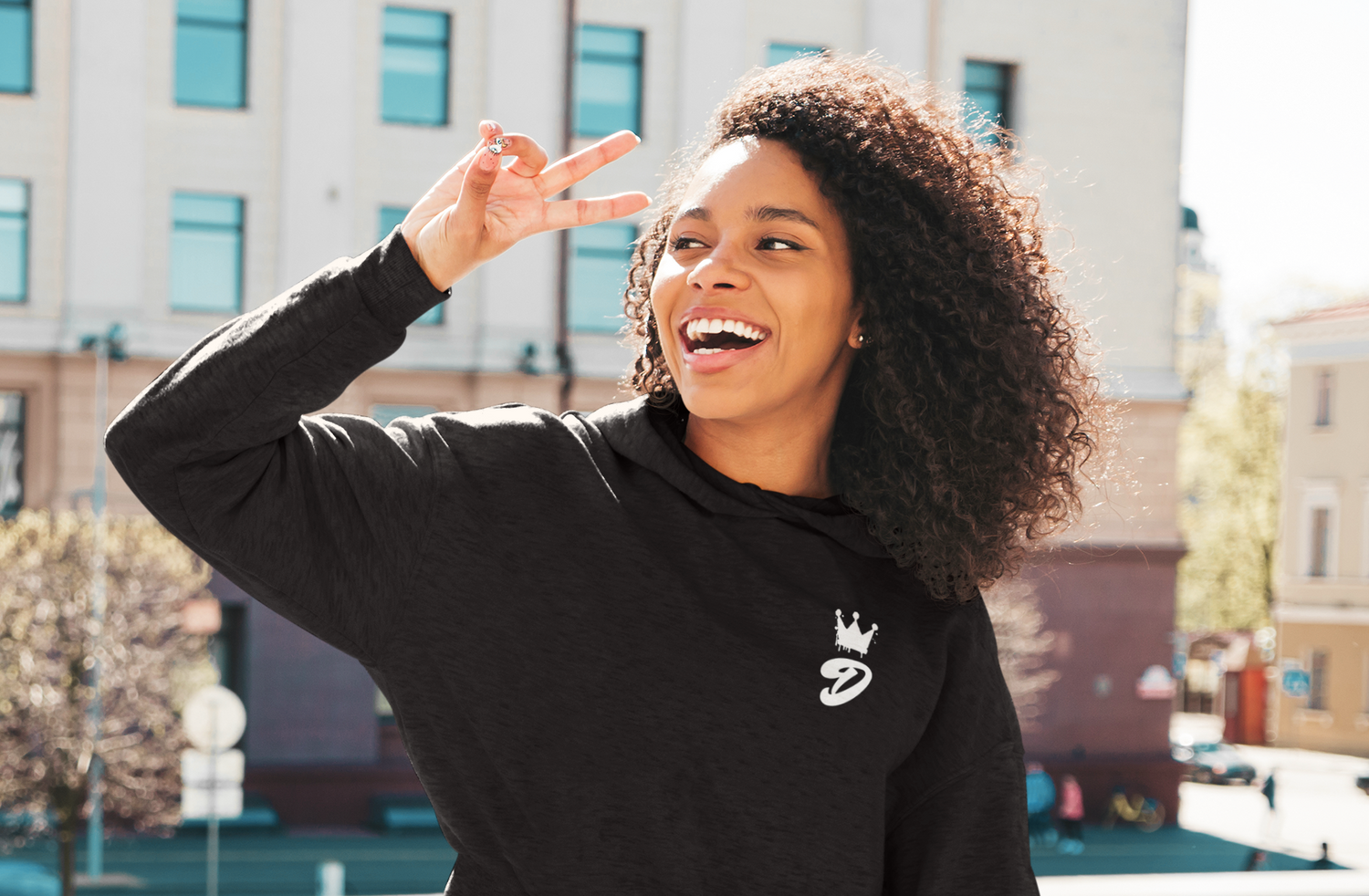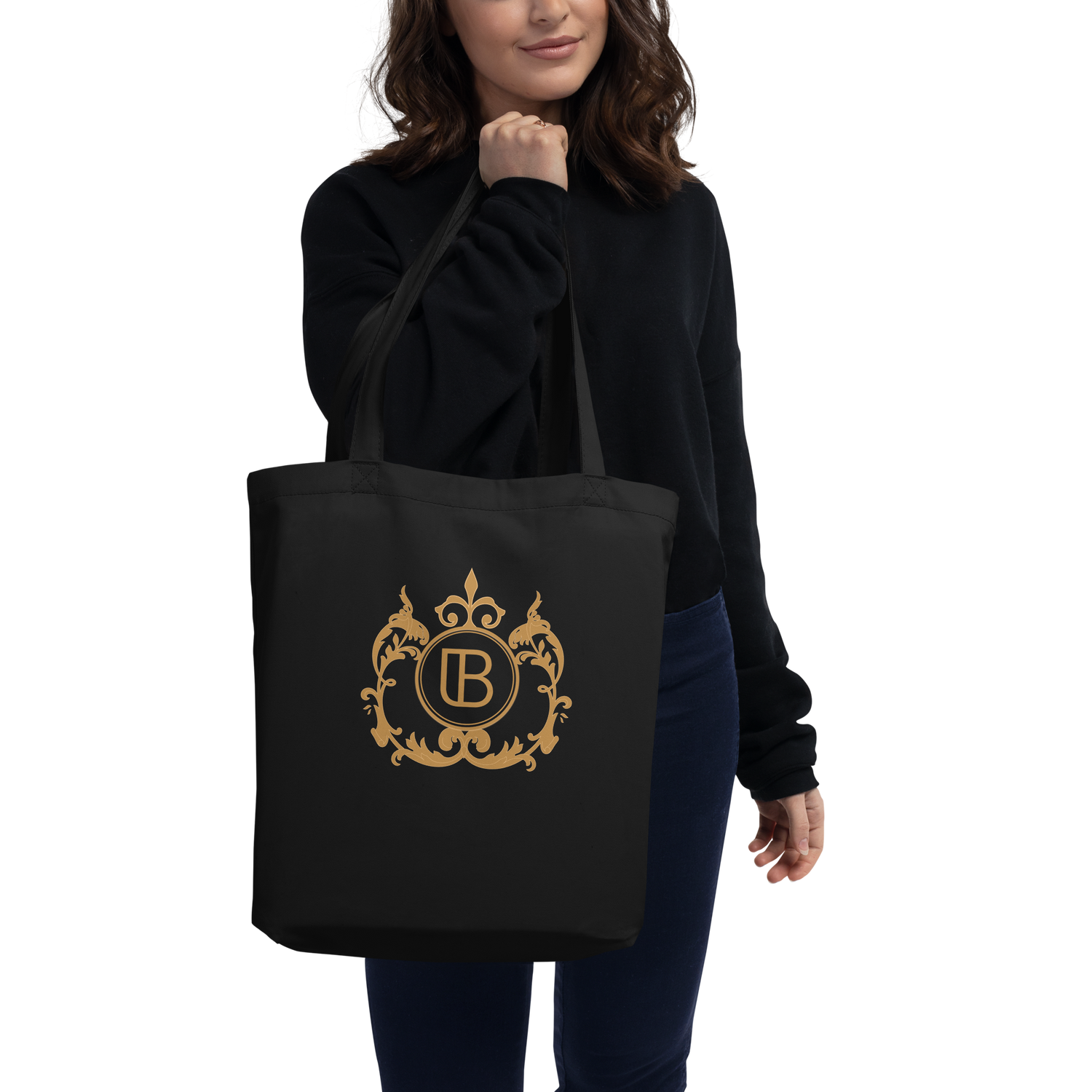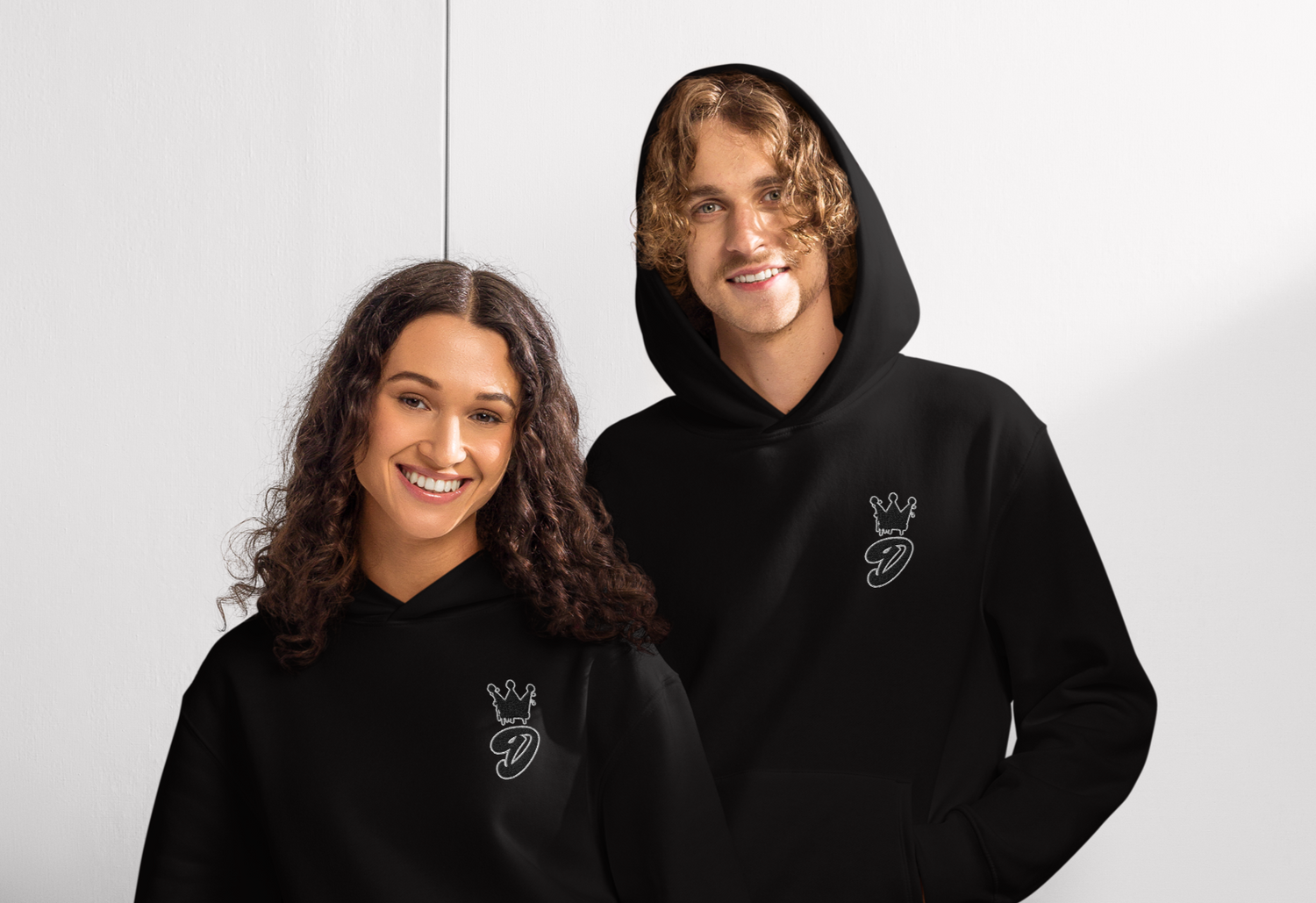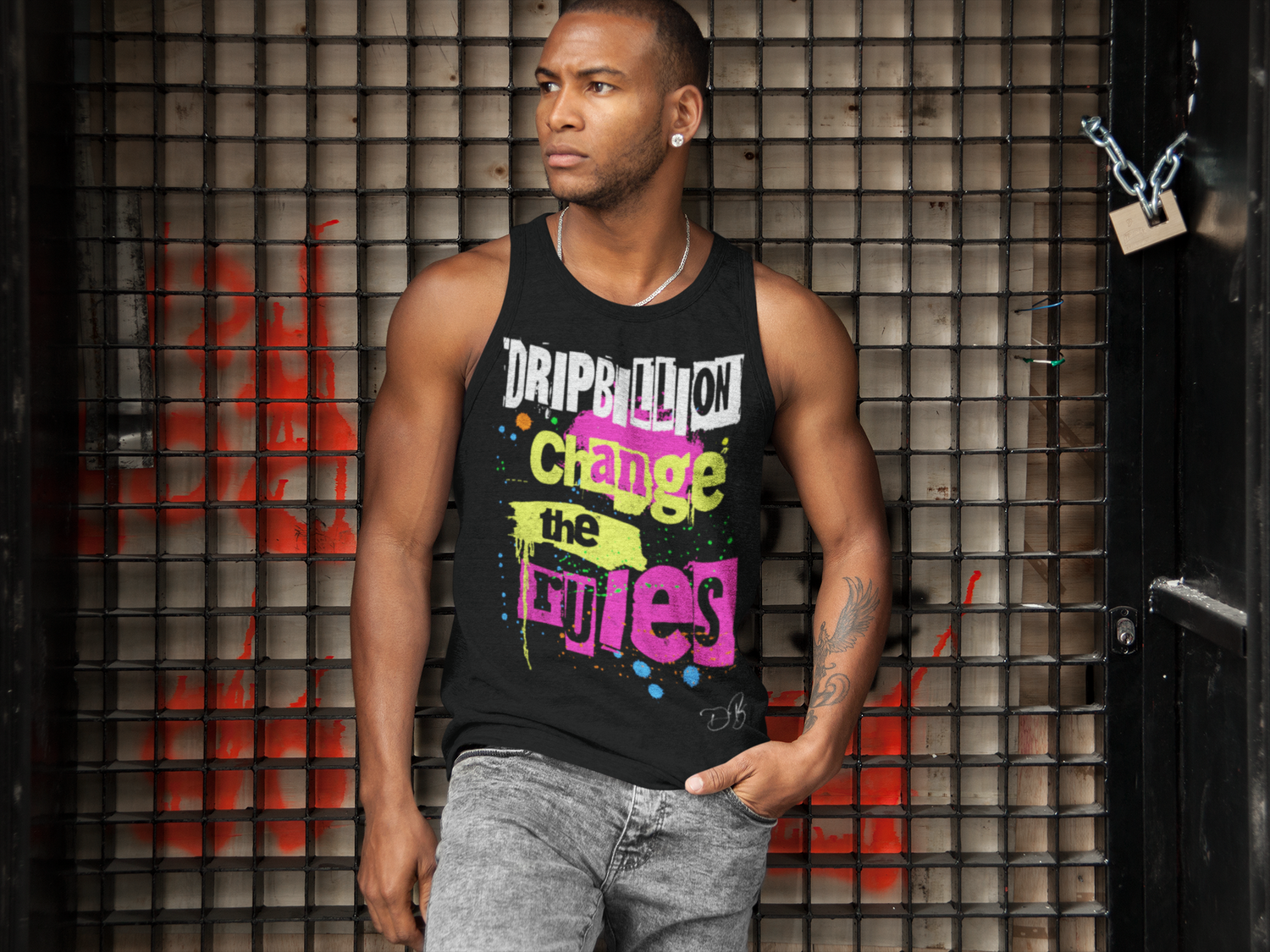Street Fashion Business: Navigating POD Profit & Loss Novelties

Street fashion is more than just clothes – it’s culture. From the bold graphics of skate wear to the clean minimalism of high-end streetwear brands, urban fashion has exploded into a multi-billion-dollar industry. And thanks to Print-on-Demand (POD), anyone with a vision can dive in and create their own brand without the massive upfront costs of traditional manufacturing.
But here’s the big question: Can you actually make money with a POD streetwear brand? Or will you end up burning cash? Let’s break it down.
What Is Print-on-Demand (POD)?
Print-on-Demand is a business model where products (like t-shirts, hoodies, hats, and accessories) are only produced when a customer places an order. You don’t hold stock, you don’t need a warehouse, and you don’t deal with the messy logistics of shipping.
Instead, you:
- Design the product
- List it on your store
- A POD provider (like Printful, Gelato, or Apliiq) prints and ships it directly to your customer
This makes POD perfect for testing new ideas and growing a brand with minimal risk.
Why Street Fashion + POD Is a Perfect Match
Streetwear thrives on creativity, exclusivity, and fast-moving trends – three areas where POD shines.
- Low Risk for New Drops: Launch a limited collection with zero inventory risk.
- Creative Freedom: Experiment with bold graphics, graffiti art, or minimal luxe designs without bulk production.
- Scalable: If a design blows up, you can scale fast without worrying about manufacturing delays.
In short: You can build your brand identity while keeping costs low.
The Profit Potential: Can You Actually Make Money?
Here’s where it gets interesting. Let’s run some real numbers:
Typical POD Pricing for Streetwear
- Premium T-Shirt: £9 – £15 (base cost)
- Hoodie: £18 – £28 (base cost)
- Cap: £10 – £15 (base cost)
What Customers Expect to Pay
- Premium Streetwear Tee: £30 – £50
- Hoodie: £60 – £120
- Cap: £25 – £50
Your Profit Margin
If you price a hoodie at £80 and your base POD cost is £25, your gross profit is £55 per sale. Sell 100 hoodies in a month? That’s £5,500 gross profit.
The Hidden Costs No One Tells You About
This is where new entrepreneurs get caught out:
- Shipping Costs: POD companies often charge extra for international shipping (sometimes £5–£15 per order).
- Marketing: Instagram, TikTok, or Google ads can cost £500–£5,000 monthly.
- Platform Fees: Shopify subscriptions, transaction fees, and apps add up (£50–£200 per month).
- Custom Branding: Woven labels, inside neck prints, and custom packaging can add £2–£8 per product.
When you subtract these from your profit, that £55 hoodie profit might realistically drop to £20–£30.
Common Mistakes That Kill POD Streetwear Brands
- Underpricing – You’re not just selling a hoodie; you’re selling a brand. Don’t compete with fast fashion.
- No Brand Identity – A random graphic won’t cut it. Streetwear customers buy into a story, lifestyle, and aesthetic.
- Ignoring Quality – Customers will pay for premium. Go for heavyweight tees and premium fabrics.
- Not Marketing Enough – Streetwear is hype-driven. Build a community, not just a product page.
The Losses: How Much Could You Lose?
POD reduces risk, but it’s not risk-free. If you invest £1,000 in ads and only make £500 in sales, that’s a £500 loss. Add custom branding or samples? That’s another £200–£500 upfront.
In short: POD can be a money pit if you don’t manage cash flow, pricing, and marketing strategy.
How to Stay Profitable with POD Streetwear
- Price Like a Luxury Brand: Compete with Supreme, A-COLD-WALL, and Off-White – not cheap dropshippers.
- Build Hype Before You Sell: Use Instagram Reels, TikTok, and collaborations to create anticipation.
- Focus on High-Quality Mockups & Photography: Your store should look premium. Invest in styled product shots.
- Offer Limited Drops: Scarcity creates urgency and boosts perceived value.
- Negotiate with POD Providers: At scale, you can get lower base costs or switch to a hybrid model.
Should You Start a POD Streetwear Brand?
If you’re:
- Creative with a clear brand vision
- Willing to invest in marketing
- Patient enough to build a community, not just sell products
Then yes — POD is one of the best low-risk ways to enter the streetwear market.
But if you’re chasing instant profits with no effort, it’s not for you.
Final Thoughts
Street fashion and POD are a powerful combination. The ability to test new designs, release exclusive drops, and build a community-driven brand without huge upfront costs makes this model a game-changer for independent creators.
But to truly make serious profits, you need to think like a brand owner, not just a designer. That means:
- Pricing strategically
- Building hype
- Delivering premium quality
Do that, and you could be on your way to creating the next big streetwear label.
Want to see how a real streetwear brand does it?
Check out DRIPBILLION – blending luxury style with urban culture.
